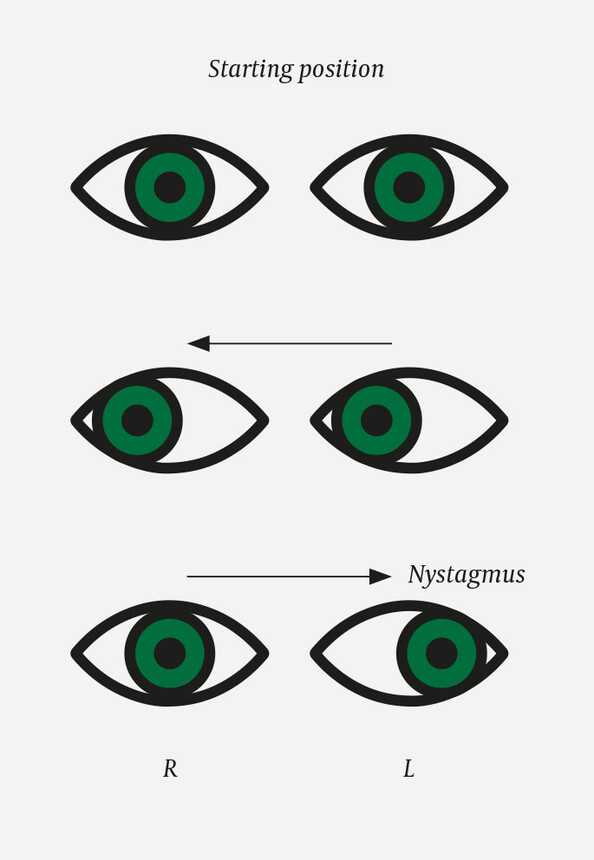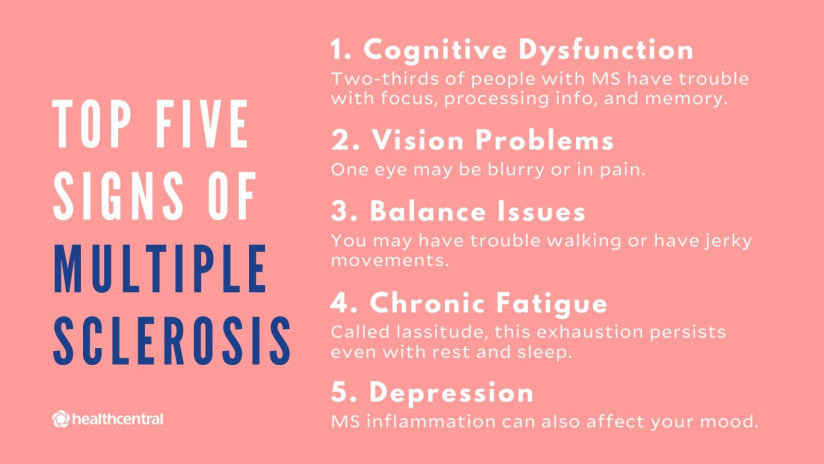Symptoms of MS and Vision Therapy

One of the most obvious first symptoms of MS is a loss of vision, also known as optic neuropathy
This is usually due to it being a very specific symptom rather than vague neurological symptoms such as tingling and numbness.
However, you should not assume that these symptoms are simply a precursor to MS – not all people who experience them will receive an MS diagnosis just based on the symptoms they exhibit. Many of these symptoms of MS can be symptoms of other conditions, including diseases, eye problems, infections or even some other conditions unrelated to the eyes themselves. A few of these symptoms of MS may also have very serious underlying medical causes.
Some of the more common symptoms of MS include headaches, blurry vision, and difficulty concentrating. Some of these can be a sign of a less serious condition such as a migraine or tension headache. However, if these symptoms persist for a long time after going to the doctor, it is a strong indicator of a more serious condition such as MS. The symptoms can be caused by a variety of conditions, from eye problems to a virus or even some type of brain disorder. For this reason, it is extremely important to visit your doctor if these symptoms persist.
There are several treatments for MS symptoms, depending on the exact cause of the symptoms. If you are experiencing vision-related symptoms of multiple sclerosis, you should talk to your doctor about the options available to you.
Some of the treatments include eyeglasses and laser surgery. These treatments are usually used in the early stages of treatment. They can fix most of your vision problems and allow you to function normally as long as you follow a certain regimen. However, after one or two years of treatment, it is possible that your vision will return to normal.
Multiple sclerosis symptoms can also include eye pain. This could be due to the muscles in the eye not working properly, or more serious muscle damage. In many cases, your doctor will treat these problems with ointment or surgery. but probably combine the two to determine which treatment is best for your symptoms.
Vision therapy can also relieve symptoms of multiple sclerosis. It involves using light to stimulate the part of the eye that is responsible for vision. If you follow the prescribed protocol, it can help improve your vision over a period of time and can improve your overall quality of life.

Although the symptoms of MS can be caused by many different conditions, it is still possible to receive a diagnosis before your vision worsens
If you are experiencing a loss of vision or a decrease in vision over a long period of time, there are tests that can be performed to determine if this is caused by a more serious problem.
If your doctor suspects that your vision therapy may be the cause of your symptoms, he may recommend a more intensive course of treatment, including surgery and eye drops. A good eye doctor can help you decide which options are best for you.
The good news is that once you have your vision problem identified, you can often treat it yourself at home. It's possible to perform vision improvement exercises, including progressive muscle training to help you regain your vision.
A combination of eye exercises and regular vision improvement sessions can reduce the severity of symptoms of it and help you get back to work or school or to focus on your hobbies again. If your symptoms are too severe, however, you may need to see your eye doctor and/or opt for surgery.
When you are having difficulty seeing, it is always important to talk with your doctor to determine the causes of the symptoms and make sure you can continue to see a qualified eye doctor. Once you have determined what is causing the symptoms, you can begin to treat the condition at its source. When you understand how your vision problem got in the way that it is today, you will be able to find a proper treatment that will get you back on track and get the relief you deserve.